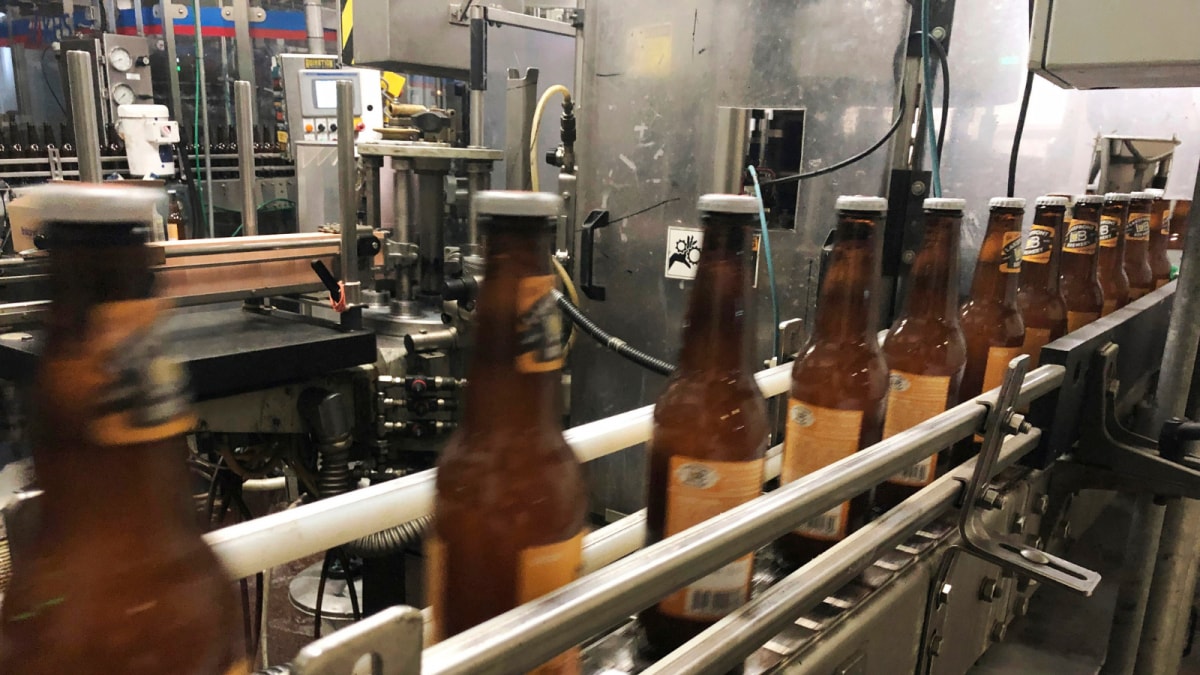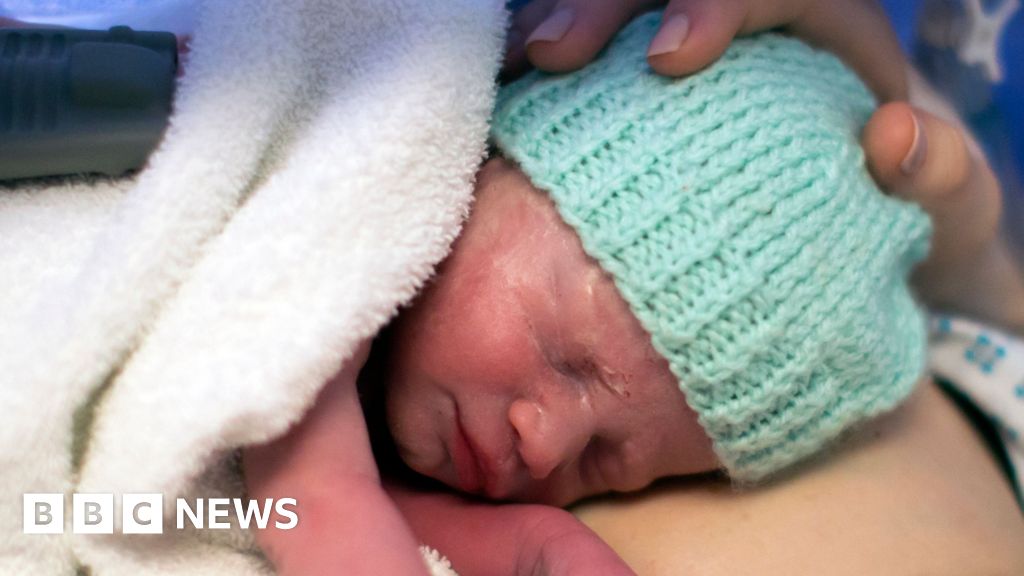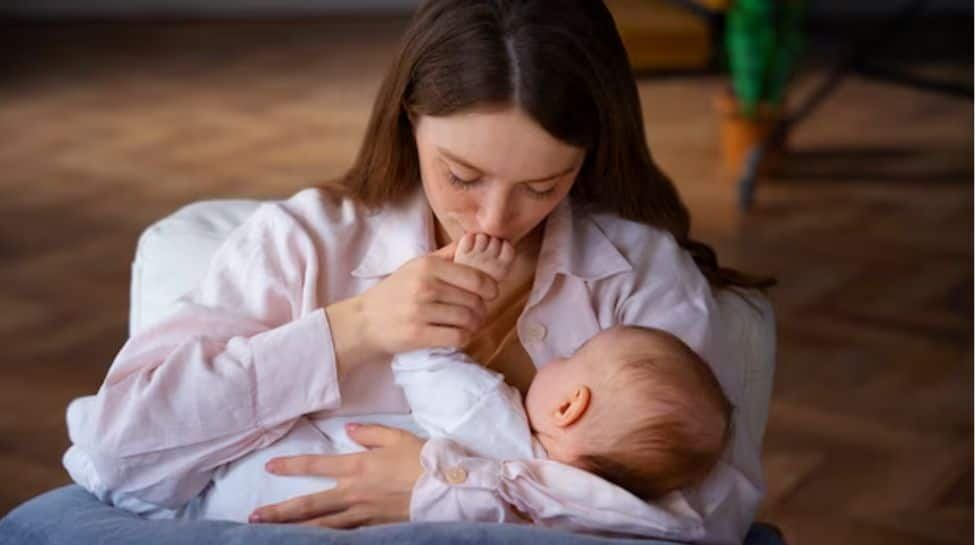As a lactation consultant in Bangalore, Dr. Ravneet Joshi, Manipal Hospital Old Airport Road has had the privilege of working closely with mothers, witnessing firsthand the incredible benefits that breastfeeding offers. It is not only essential for babies but also provides significant protective benefits for mothers, particularly in reducing the risk of breast cancer. Breastfeeding acts as a natural shield against this serious disease, and he wants to share how it empowers mothers with long-term health advantages.
Additionally, each birth reduces the risk by 7.0%. To put this into perspective, a woman who has two children and breastfeeds each for 12 months can reduce her risk of breast cancer by 8.6%. This protective effect is consistent across various groups, no matter the age, ethnic background, or when a woman has her first child.
Breastfeeding is particularly protective against certain types of breast cancer. It has been shown to reduce the risk of Triple-Negative Breast Cancer by 20%. For women with BRCA1 mutations, who have a higher risk for breast cancer, breastfeeding can reduce their risk by 22-50%.
How Breastfeeding Can Help Reduce the Risk of Breast Cancer?
Breastfeeding brings about hormonal changes that help protect against cancer. During breastfeeding, a woman’s body produces lower levels of estrogen, a hormone linked to breast cancer growth. By reducing the amount of estrogen exposure over a lifetime, breastfeeding decreases the risk of developing breast cancer that depends on hormones to grow. It also suppresses ovulation and menstruation, further reducing lifetime exposure to estrogen.
I have seen how breastfeeding causes beneficial changes in breast tissue that protect against cancer. The process of lactation causes breast cells to mature, making them less likely to become cancerous. During lactation, some breast tissue is naturally shed, helping to remove cells with potential DNA damage, which reduces the chances of cancer developing. Breastfeeding can also lead to changes in breast tissue that result in lower breast density, a known risk factor for breast cancer. Additionally, breastfeeding helps reduce inflammation in breast tissue, which is associated with cancer development and causes changes in gene expression related to cell differentiation and proliferation, further reducing cancer risk.
While any amount of breastfeeding is beneficial, longer durations provide greater protection. The World Health Organization recommends exclusive breastfeeding for the first 6 months of a baby’s life, with continued breastfeeding alongside appropriate foods for up to 2 years or beyond. While breastfeeding significantly reduces breast cancer risk, it doesn’t eliminate it entirely. Other factors, like genetics, lifestyle, and environmental exposures, also play roles in breast cancer development. However, the substantial risk reduction offered by breastfeeding, combined with its numerous other health benefits for both mother and child, makes it a valuable strategy in breast cancer prevention.
Breastfeeding is a powerful natural defense against breast cancer, offering mothers a practical way to reduce their risk while providing the best nutrition for their infants. As a lactation consultant in Bangalore, I urge families, communities, and healthcare providers to create supportive environments for mothers, enabling them to make informed decisions about breastfeeding for their health and the health of their children. Together, we can make a positive difference for mothers and their families.






















.jpeg?width=1200&height=800&crop=1200:800)
























